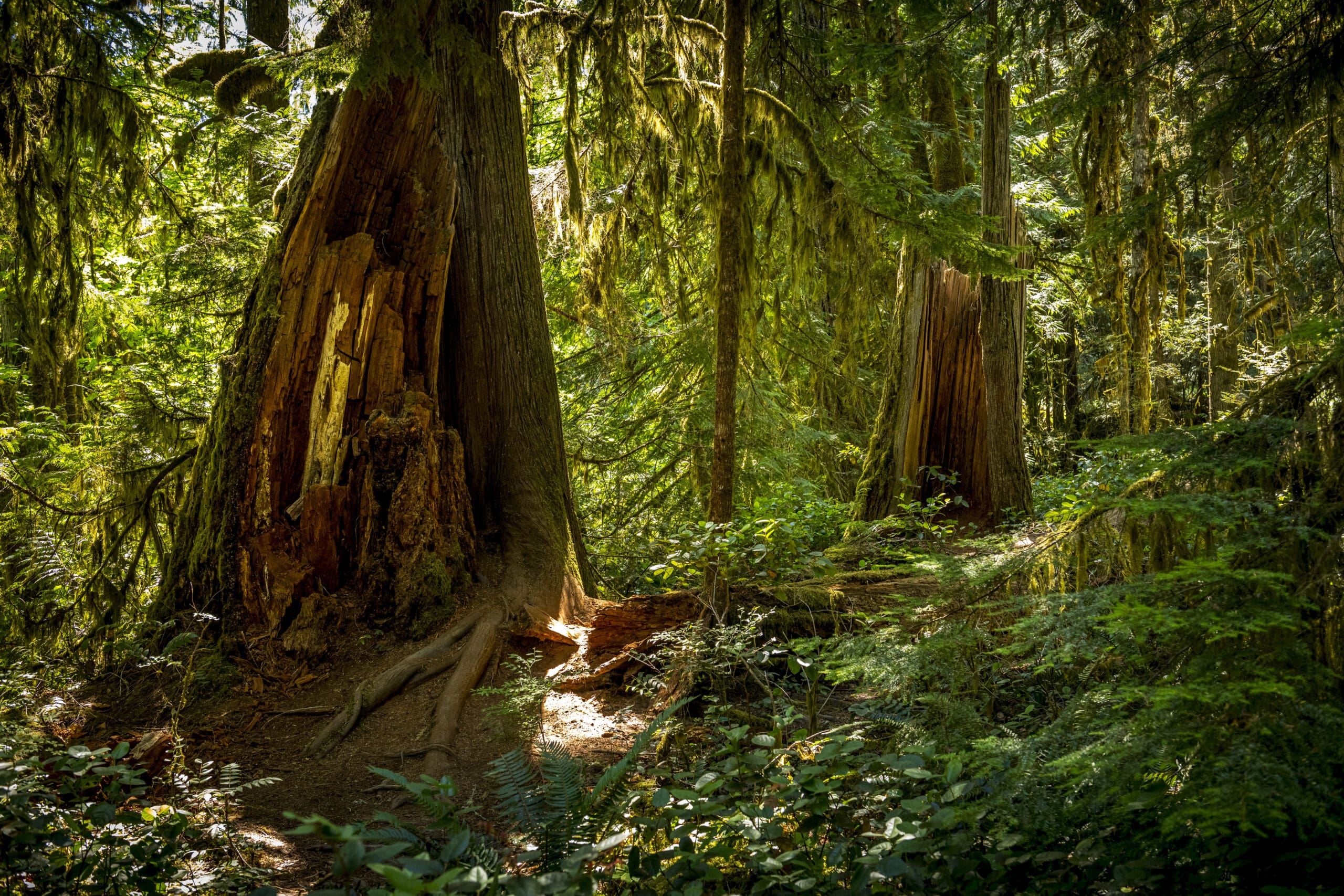READ THE FULL REPORT HERE.
VANCOUVER–A study released today by the Canadian Centre for Policy Alternatives says there is no shortage of solutions available to the provincial government to secure the future of BC’s forestry-dependent communities.
“BC is at a crossroads,” says Ben Parfitt, author of the study and a respected resource policy analyst. “The logging frenzy in the Interior is being fuelled by a temporary harvest of pine beetle-killed trees, and almost no plans are being made for the long-term impacts of the infestation. On the Coast, mill closures have become endemic, costing thousands of jobs and destabilizing many communities. We can continue down this road, or the province can choose a different direction, one that offers hope and stability to rural communities.”
The study finds that value-added wood product manufacturing in BC has flatlined since 1999. “The provincial government has simply been standing on the sidelines as major corporate mergers, mill closures and raw log exports have increased,” says Parfitt. “It is not enough to point to the softwood lumber dispute or the rising Canadian dollar and say nothing can be done.”
“Forestry in BC has always been a partnership between the province, acting on the public’s behalf, and the various companies attracted here by the wealth of trees gracing our landscape. It’s time for the province to stand up and act like a true partner in the relationship and offer BC a clear vision for the future.”
Parfitt says there are many common sense, inexpensive tools the province can use to set BC’s forestry-dependent communities on a path to security and sustainability — actions that include:
- Enacting new timber sales based on basic commodity mills partnering with value-added mills and enterprises;
- Returning a percentage of stumpage fees to rural communities to assist in economic diversification initiatives;
- Awarding new forest tenures directly to those companies demonstrating that they will add further value to their wood products;
- Extending refundable tax credits for new capital investments in the forest sector and allowances for the writing off of R&D expenditures;
- Instituting new rules written into forest tenure agreements outlining what is expected at a minimum by way of manufacturing within the province; and
- Instituting a “fee in lieu of further manufacturing” on all low-grade lumber to create an incentive for companies to increase investments in value-added production.
-30-
For media inquiries, contact: [email protected].

